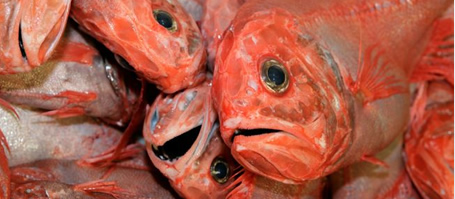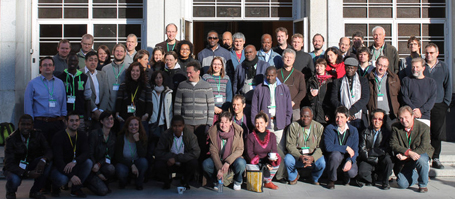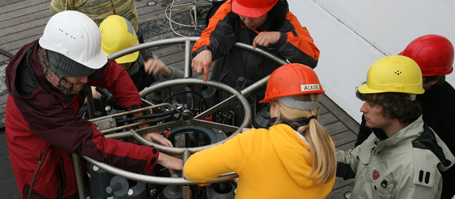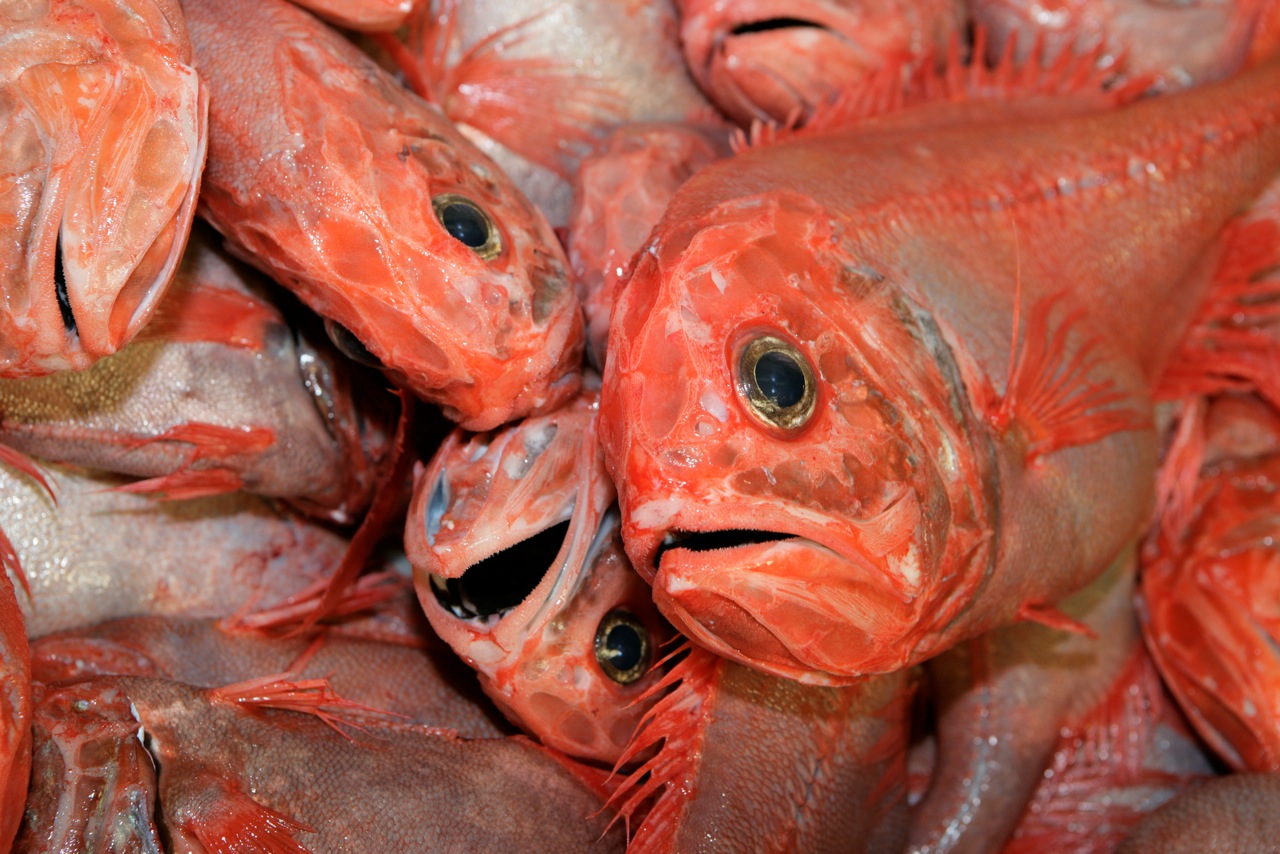Much of the world's fish stocks are overfished or being stretched to the limit. In search of new fishing grounds, fishing fleets therefore increasingly exploit the deep sea. At depths of up to 2000 m, wide bottom trawls are used which alter the delicate ecosystem balance, conservatively speaking, but typically end up causing irreparable destruction. Very little is known about the target species, black scabbard, roundnose grenadier and blue ling. International fisheries experts and members of the European parliament are now advocating a general moratorium on deep sea fishing to allow fish stocks and the ecosystem of the deep sea a chance for survival.
In the coastal regions, many species of fish thrive thanks to a plentiful food supply, thereby ensuring their survival. Most of the known deep sea species, however, grow slowly, mature late and produce few offspring. Commercial deep sea fishing therefore contributes to the quick depletion of slow-growing species. In addition, sensitive habitats such as coral reefs are destroyed by the use of heavy nets dragged along the ocean floor.
"Even today, the deep sea is a little-known and fascinating habitat. The fragile ecosystems of cold-water coral reefs or seamounts host fish species that cannot counteract the effects of intense fishing. It is still not sufficiently understood how such fish stocks overcome the deep cold, darkness and lack of food. What we do know, however, is that some populations living on seamounts were nearly exterminated by a few fishing trips," says fisheries expert Dr. Rainer Froese from GEOMAR Helmholtz Centre for Ocean Research Kiel.
"Deep sea fishing can also be less useful in some cases, economically speaking. The going rates for deep sea fish are similar to those of other fish, such as cod, whereas the fishing costs are often significantly higher,” adds Dr. Jörn Schmidt of the Department of Economics at the University of Kiel. "That makes these fisheries less profitable."
Both scientists conduct their research at the Cluster of Excellence "The Future Ocean", jointly with a multidisciplinary team of experts in sustainable fisheries management. How can oceanic resources be used sustainably? What are the fisheries management concepts of the future? These are just some questions addressed by scientists from the fields of fisheries biology and economics together with oceanographers, lawyers and coastal researchers. The focus is on models and analyses that take into account both economic and biological aspects, and involve the interaction of several species and changes in the ecosystem as a whole.
Links
www.futureocean.org
www.geomar.de
Contact
Dr. Rainer Froese, GEOMAR Helmholtz Centre for Ocean Research Kiel, Phone: +49 (0) 431 600-4579
rfroese@geomar.de
Dr. Jörn Schmidt, Department of Economics, Kiel University,
Phone: +49 (0) 431-880-5632
jschmidt@economics.uni-kiel.de
Friederike Balzereit, Cluster of Excellence 'The Future Ocean', Public Outreach, Phone: +49 (0) 431 880-3032
fbalzereit@uv.uni-kiel.de
…




